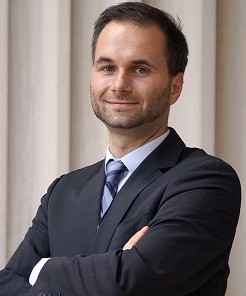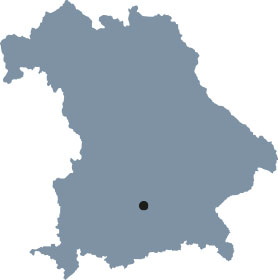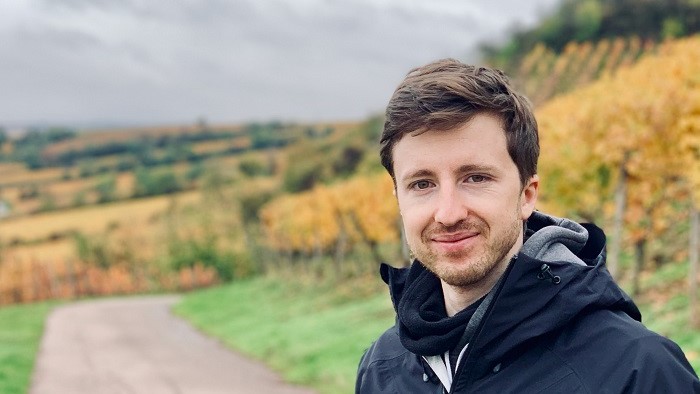Responsibility in Science, Engineering and Technology
Responsibility has become a key concern in current discussions about governance, economic growth, sustainable development, and social progress. The Elite Graduate Program “Responsibility in Science, Engineering and Technology” (RESET) offers a practice-oriented education for students interested in both the social and technological aspects of responsibility in today’s highly technologized societies.
| Degree | Master of Arts |
| Duration of study | Four semesters |
| Place of study | Munich |
| Admission requirements | Relevant bachelor’s degree |
| Language of instruction | English |
| Application deadline | May 31st |
| Begin of studies | Winter semester |
| Head | Prof. Dr. Sebastian Pfotenhauer |
| Coordinator | Victoria Bauer Clara Valdés Stauber Contact the coordinators |
| Further information | Website RESET – Responsibility in Science, Engineering and Technology |
The Elite Graduate Program “RESET” draws its interdisciplinary strength and symmetry from a diverse student body – with backgrounds in science, technology and engineering as well as social and life sciences, psychology and the humanities – and specifically targets students with previous work or research experience.
RESET students acquire broad and in-depth knowledge of theories, methods and techniques from various disciplines including science and technology studies (STS), public policy, innovation studies, economics, law, media studies and ethics.
Furthermore, the students of the Program "Responsibility in Science, Engineering and Technology" learn to reflect on STEM fields from a responsibility perspective.


Questions of responsibility are increasingly at the forefront of science and innovation. RESET gives talented students from around the globe the chance to turn their passion for creating a better world through science and technology into a career.
Prof. Dr. Sebastian Pfotenhauer
An innovative semester structure and hands-on immersive learning based on case studies, projects, and an internship foster new forms of collaboration across institutions and disciplines.
A Stimulating International Academic Setting
Students benefit from small course sizes, in-depth discussions and individual support from RESET’s teaching staff. They are able to acquire expert knowledge at the cutting edge of international technoscience research as well as extensive communication and project management skills. The language of instruction is English. International student groups and projects help prepare students for a global working environment.




